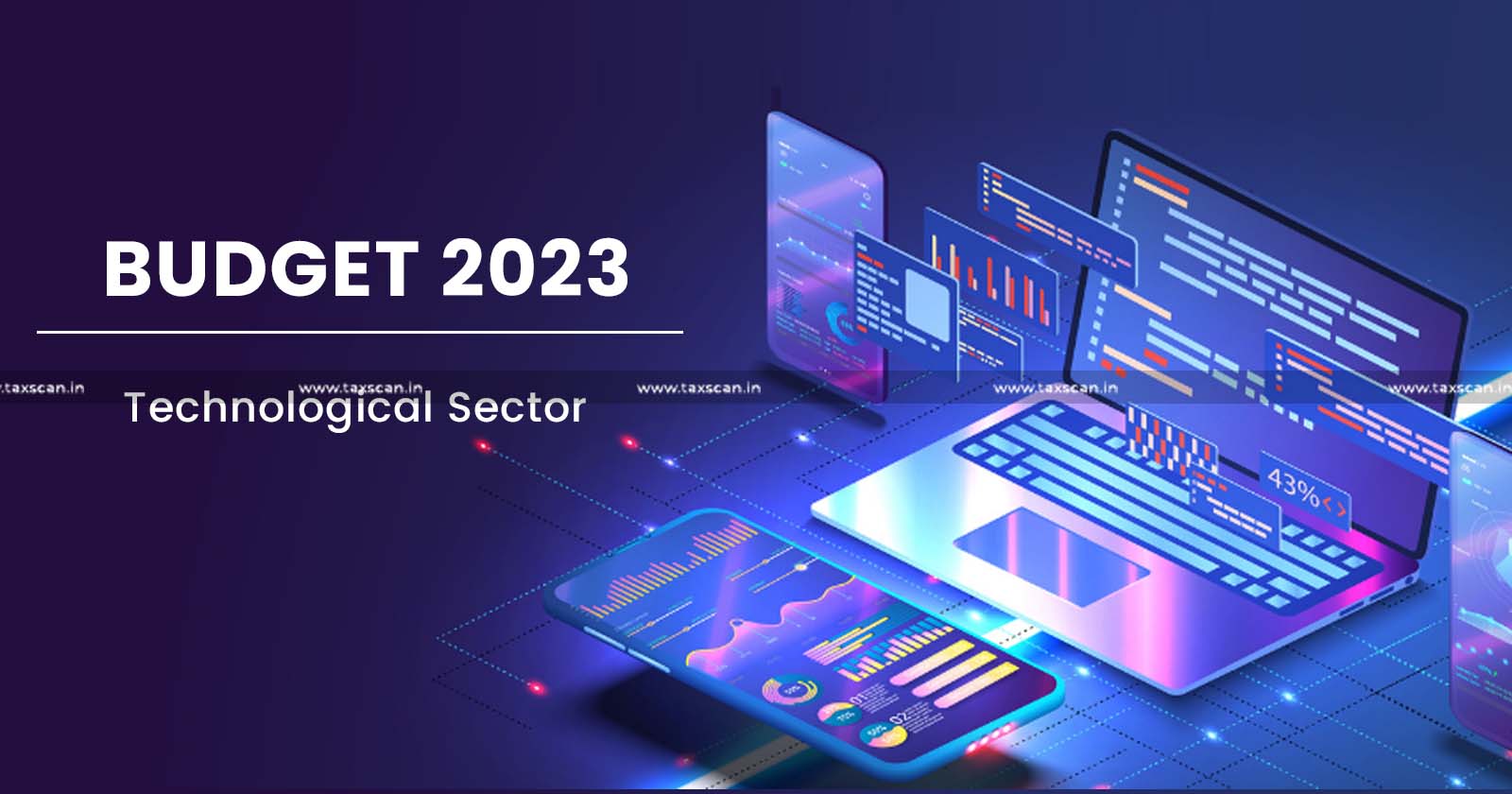Budget 2023: Anticipating Changes in Technological Sector

budget 2023 – Anticipating Changes – Technological Sector – budget 2023 live – union budget 2023 – nirmala sitharaman budget – nirmala sitharaman union budget – nirmala sitharaman – budget 2023 india – Taxscan
budget 2023 – Anticipating Changes – Technological Sector – budget 2023 live – union budget 2023 – nirmala sitharaman budget – nirmala sitharaman union budget – nirmala sitharaman – budget 2023 india – Taxscan
Union finance minister Nirmala Sitharaman is set to announce the Union Budget for the financial year 2023-24 on February 1. The Tech and IT sector are awaiting the influential changes as this will be the last full Budget before the next election.
Last year, the stakeholders partnered together to navigate the challenges posed by the pandemic and were successful in the industry. 2021 -2022 was a year when the pandemic continued to cast its shadow and impact on the global economy.
Kunal Nagarkatti, Chief Executive Officer of Clover Infotech said that “the budget must focus on investing in Tech R&D, product innovation, and technology solutions and services and ensuring 5G services all over the country. The budget must consider investments in state-of-the-art incubation centres which can digitally transform ideas from all over India into sustainable businesses of today and giant corporations of tomorrow.”
As per the recent forecast, information technology spending in India is expected to project to grow at 2.6% in 2023 mainly by healthy growth of 13.7% in the software industry spending.
Competitiveness
The impact of the Upcoming Budget may increase the competitiveness in the IT Sector, as the budget may introduce more spending on the growth of the IT Sector. The present corporate tax rate is 22% (before surcharge and cess) while the global minimum tax rate agreed upon amongst most nations is 15%. The tax rate for new manufacturing companies in India is also 15% (before surcharge and cess).
Reduction of the corporate tax rate for all companies would help make Indian businesses more competitive and would be able to capture global market share.
Simplification of compliance
For the last decades, the government has introduced a wide gamut of withholding tax provisions with differential rates and thresholds. The simplification of the withholding tax structure is a long-awaited change.
The Introduction of the mandated clause on GST turned out as a burden to the auditor as well as the taxpayer as it requires voluminous information which was difficult to extract from the Enterprise resource planning (ERP) systems of taxpayers.
International tax
Upcoming developments in international tax regulations are expected to be a relief to ongoing disruptions such as digital transformation, marketplace volatility, and remote work which are perfect storms that can affect the IT Sectors.
It was expected to bring up safe harbours for transfer pricing with higher turnover than the current Rs 200 crore limit and prescribed lower margins, which would help to reduce tax disputes. As we know a lot of debates and ambiguities exist in the interpretation of the significant economic presence ('SEP') provisions. Proper guidance for the above-mentioned is also an expectable aspect of the upcoming budget.
Support our journalism by subscribing to Taxscan premium. Follow us on Telegram for quick updates


